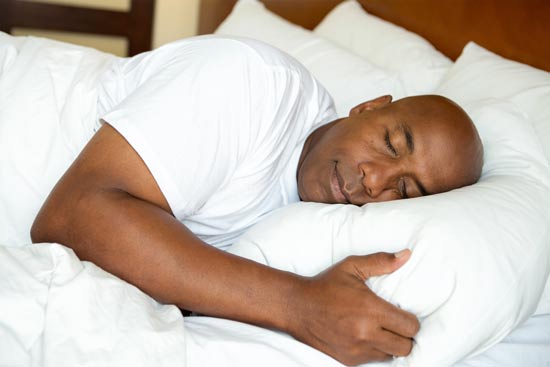
In today’s bright and busy world, it can be easy to miss out on the rest you need. When trying to remain at optimal health, you may need to develop a self-assessment that helps you determine
1) how much sleep do I need?
2) how can I foster better sleep?
3) what do I need to change to make that happen?
Sleep Needs and Health Challenges
Per the National Sleep Foundation, adults need 7 to 9 hours of sleep to stay healthy, while older adults need 7 to 8 hours.
The amount of sleep you need can be subjective. For example, you may find that the darkness of the winter saps your energy. You may find that you have plenty of energy but are struggling to lose weight, or need caffeine to keep you going through the day.
If you find that you:
- need coffee after lunch
- get sleepy while you’re driving
- can’t lose weight no matter how hard you try
- can’t fall asleep once you do get to bed
Then you will likely need to find a way to get more rest.
Monitor Your Mental Health
Symptoms of poor or insufficient sleep may crop up in your brain as well as your belly. For example, poor sleep can lead to memory challenges and anxiety. If you find it difficult to remember what you read, watched or discussed from day to day, try getting more sleep to support a healthy brain.
Additionally, being constantly sleep-deprived can make it very difficult to control your emotions. If you feel constantly on-edge or seem to struggle with your temper, poor sleep might be getting in the way of staying emotionally consistent with yourself, family members and co-workers.
Facing the Problem
Poor sleep habits will show up on your skin. In addition to the traditional dark circles, you may find that your skin is dull, your eyes are puffy or red, and your smile may be turned upside-down. Sleep is the time that your cells rejuvenate, so if your body is fighting for the sleep it needs, this will become visible.
When working out how much sleep do I need, keep an eye on your face. If you’re using more concealer than before, or if you find wrinkles that weren’t there yesterday and are obviously not laugh lines, you likely need to get more, and better quality, rest.
Quality Rest Takes Vigilance
Some people like to read before bed. Some find it just wakes them up even more, especially if they use an e-reader or tablet. The general consensus is that you should avoid electronic screens in the bedroom, but many readers simply refuse to give up their e-readers.
When possible, reverse the screen light so the background is black to reduce your exposure to light. Keep your bedroom dark. Invest in a mattress that works with your body so you can sink into it, and great sleep.
Poor sleep habits can wreak havoc on your health and brain. Be vigilant about getting quality rest. The health of your life may be depending on it.


